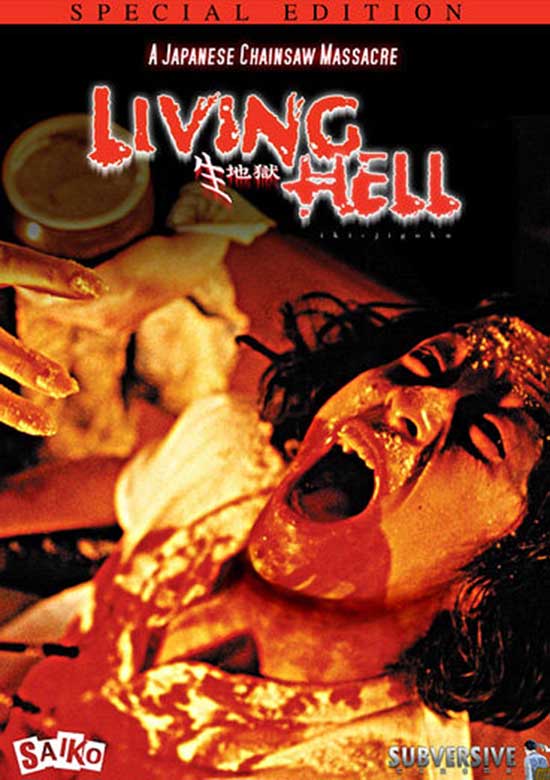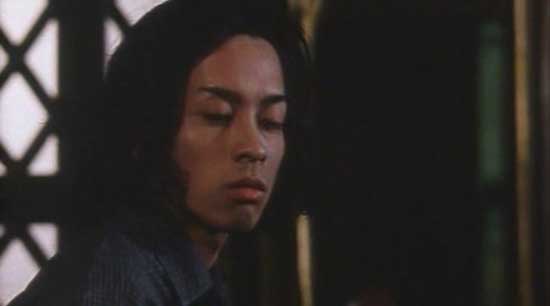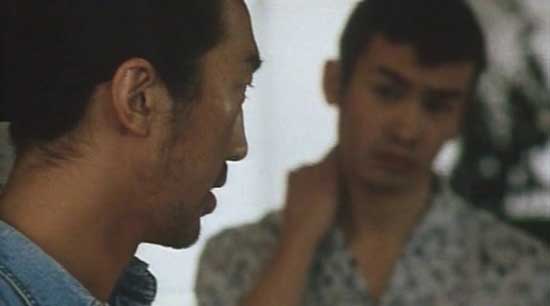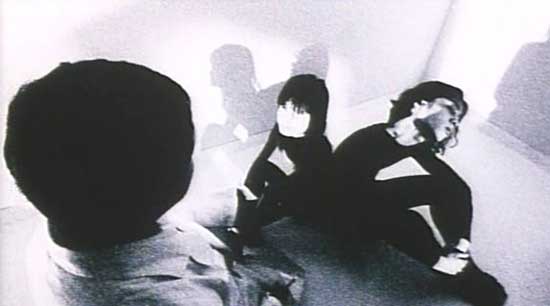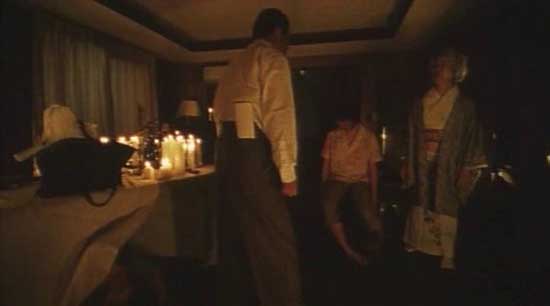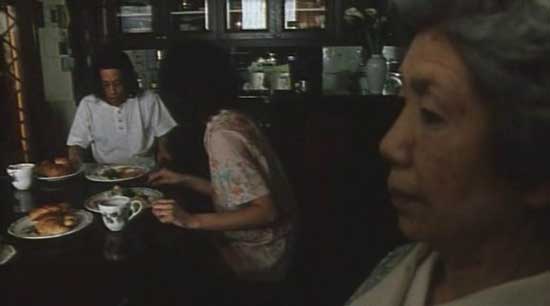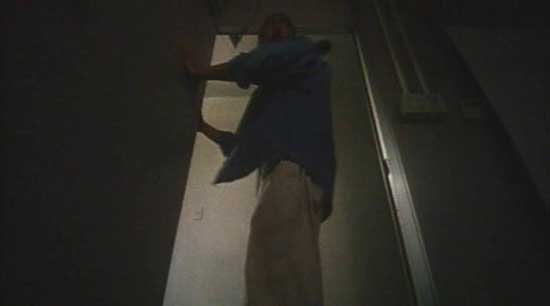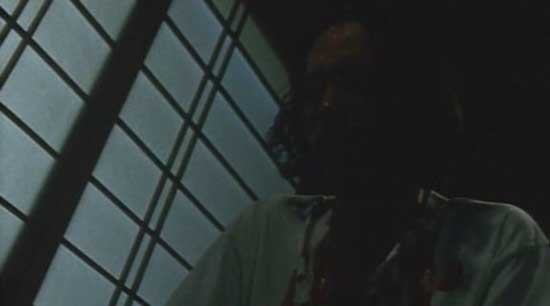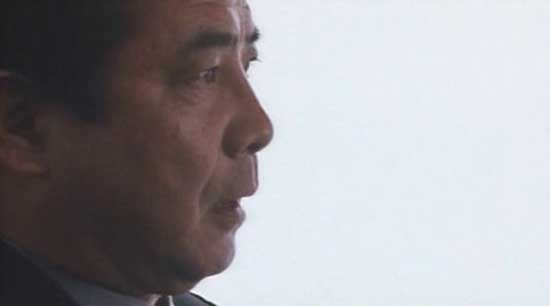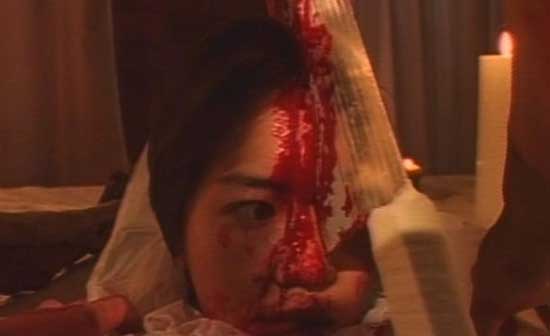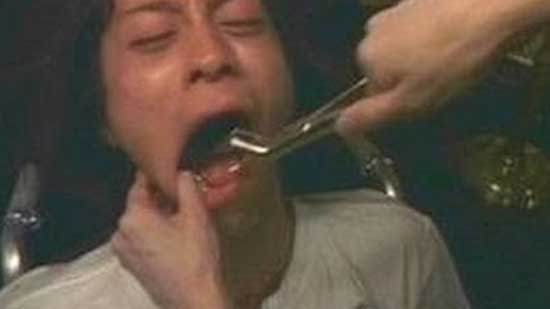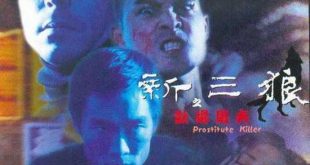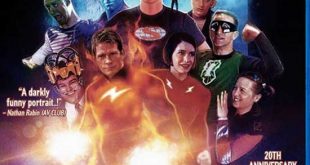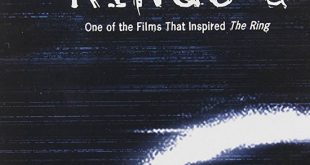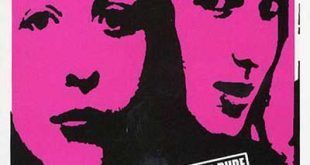SYNOPSIS:
Family is the source of all evil, in this aspiring horror film which traces its descent from The Texas Chainsaw Massacre gore and the atmospheric Hammer films. Chiyo, an old woman and her granddaughter, Yuki, are the sole survivors of a horrendous crime which wipes out an entire family. They find solace under the roof of far-removed relatives. The family’s son, confined to a wheelchair, has a terrible premonition when the two women arrive, which will be verified in the most horrifying way. Because, when the house is empty, the boy is made to suffer sadistic games at the women mercy, which become more and more violent making his life a living hell…
REVIEW:
The very first shot of Living Hell (Iki-jigoku) (2000) is a dead sheepdog being thrown through a glass window. It’s a traumatic opener, to be sure, and I wish I could say that the film that follows is just as bombastic. However, the shot sets more of a standard than an actual tone, as Living Hell seems to be a movie that was created with a series of shocking images rather than a story to tell. That’s not to say it’s got a trippy vibe or that it’s hard to follow. What I mean is that the creators chose to focus more on the aesthetic than the plot.
Yasu is a typical moody teenager with moodiness to spare given he is confined to a wheelchair. He is the youngest of three, living with his sister Mami, brother Ken, and their “always at the office” father. One day their father informs them that some relatives are coming to stay at their house, a distant aunt Ohiyo and her granddaughter Yuki. The relatives arrive on their doorstep with obvious creeper vibes from the jump, all ghostly white and stone silent. (Not only that, but the audience is privy to the fact that they’re wearing the same clothes as when they murdered that nice couple and their dog in the opening scene.)
Yasu seems to be the only one to pick up on the inescapable weirdness, despite his siblings’ insisting that his suspicions are ridiculous. Ken further informs us that Yasu is prone to flights of fancy, namely his paralysis, stating “he could get out of that chair if he wanted to.” Ohiyo and Yuki take advantage of Yasu’s incredibility and proceed to torment him in increasingly bizarre and brutal ways, from tossing earthworms in his lap to using him as a human dartboard. Meanwhile, a journalist is hot on Ohiyo and Yuki’s trail, and while he digs for clues as to their real identities, he uncovers a sordid hidden history of genetic experimentation and madness.
What follows is a steadily rising pile of silliness mixed with the astonishing ignorance of the main characters. It follows many of the same beats as any American haunted house movie from the last 30 years, where characters repeatedly brush off horrifying events as simple misunderstandings until shit unmistakably hits the fan. Yasu gets a weird vibe, his sister tells him he’s being rude to their guests. Yasu is nearly pushed into traffic, and his brother tells him to stop saying cruel things about a harmless old lady and her granddaughter. The journalist is no better: he notices that the name of a connected suspect and his partner on the case happen to be exactly the same, and only gives it a passing thought before deciding it’s a coincidence.
The slobbering IMDb description says this film “traces its descent from The Texas Chainsaw Massacre gore and the atmospheric Hammer films.” First of all, any similarities to Texas Chainsaw don’t appear until the climax of the film, only by virtue of the fact it depicts a family of crazies gathered around a dinner table. This comes mostly out of nowhere, since all the filmic language up to this point led this viewer to believe we were dealing with some paranormal activity. Nope, it’s just a family of cannibals, and gaslighting cannibals at that.
Not only that, but the familial connection that serves as a twist is not only convoluted, but also doesn’t hold much impact when I was unclear on any of these people’s relationships in the first place (I thought Yasu was Ken’s son, Mami was Ken’s new wife, and their dad was their landlord for over half the movie). While I can give some credence to the allusion to Hammer horror, Living Hell reminded me more of Lucio Fulci’s House by the Cemetary—atmospheric for sure, but good luck piecing together a sensible story with all the weird visuals and creepy music.
Overall, Living Hell had enough fits of weirdness to keep me interested but the ending holds little resonance and quite honestly falls flat given the much more fantastic elements we’re presented with before the big “twist” appears. You couldn’t call any movie that depicts an elderly woman charging into traffic like a bull “a waste of time”, but it isn’t exactly satisfying either.
 Horror News | HNN Official Site | Horror Movies,Trailers, Reviews
Horror News | HNN Official Site | Horror Movies,Trailers, Reviews
